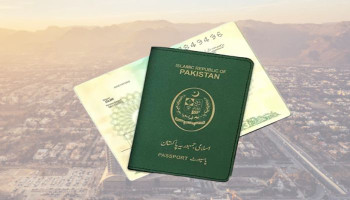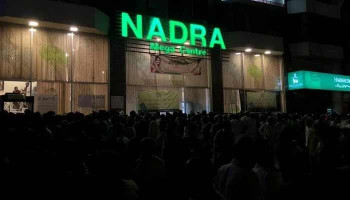
A move seen as a catalyst for the government's tax net, the Federal Board of Revenue (FBR) has announced plans to tax TikTokers and social media influencers.
The initiative is believed to ensure that social media celebrities' income and lavish lifestyles displayed online align with their declared tax returns.
This decision follows the FBR's collection of data from 100,000 individuals who showcase luxury lifestyles on social media. The revenue authority is increasingly targeting digital creators, recognising them as a potential source for significant tax revenue.
It is expected that the largest tax recoveries will stem from Punjab, where internet usage is the highest in the country.
The tax authority's primary focus shall remain on influencers flaunting mansions, luxury cars, jewellery, and exotic clothing. To identify discrepancies, the FBR is gearing up to compare last year’s tax returns with the current year’s filings.
Influencers filing accurate and up-to-date tax returns will not face penalties. The notable stride of taxing TikTokers forms part of a broader vision to formalise Pakistan’s digital economy.
While some critics voiced concerns about the challenges of implementation, others viewed it as a fair development to ensure influencers' fair contribution to the economy.
Nevertheless, the question is whether taxing social media influencers will encourage compliance or drive them to hide their income?
















